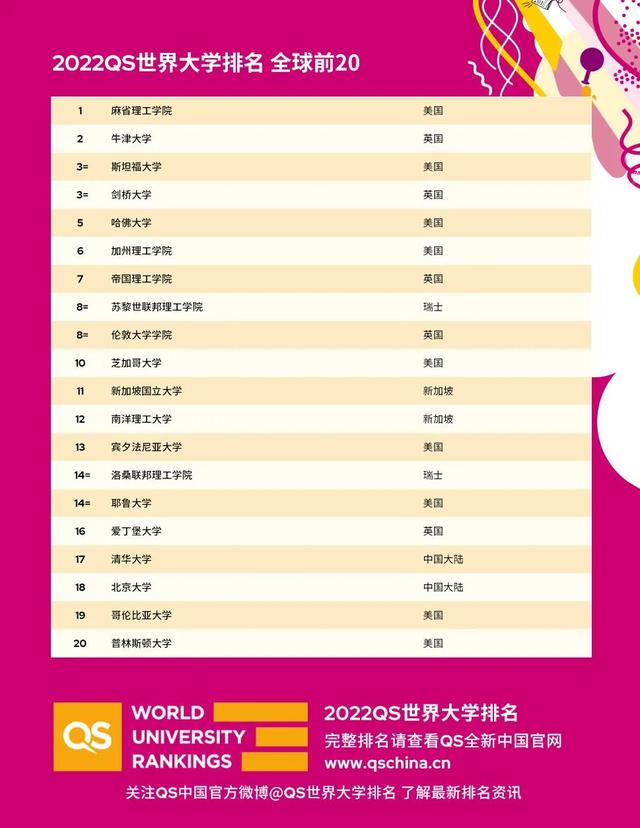
高考词汇辨析(六)
used to与be used to用法辨析
1. used to 意为"过去经常",其中的 to 是不定式符号,而不是介词,所以其后只接动词原形(不能接动名词)。如:
He used to live in Paris. 他过去一直住在巴黎。
注:used to 通常不能与表示具体次数(如 twice, threetimes 等)或一段时间(如 three months, five years 等)的词或短语连用,但是它却可以与 always, often 等表示经常性意义的副词连用。如:
正:I went to Paris three times. 我去过巴黎 3 次。
误:I used to go to Paris three times.
正:I lived in the country for three years. 我在乡下住过 3 年。
误:I used to live in the country for three years.
正:I always used [used always] to be afraid of dogs. 我过去总是怕狗。
used to 构成否定式和疑问式时通常有两种方式:即借助助动词did 或直接将 used 用作助动词。如:
He usedn't [didn't use] to come. 他过去不常来。
You used to go there, usedn't [didn't] you? 你过去常到那儿去,是吗?
另外,有时也可见到以下这样的否定式和疑问式,但不是很普通:
Did you use(d) to be a teacher? 你过去是当老师的吗?
They didn't use(d) to live here. 他们过去没住在这儿。
There used to be a cinema here, use(d)n't there? 往日这里曾有家电影院,是吗?
2. be used to 意为"习惯于",其中的 to 是介词,所以其后要接名词或动名词(不能接动词原形);若要强调从不习惯到习惯的过程,可用 get, become 等代替动词 be。如:
He is used to looking after himself. 他已习惯于自己照顾自己。
I'm sure I'll get used to the hard work. 我相信我会习惯这艰苦工作的。
注:be used to 有时可能是动词 use 的被动语态结构 (此时意为"被用来",其中的 to 为不定式符号,其后要接动词原形)。如:
A hammer is used to drive in nails. 锤子是用来钉钉子的。
until与till的用法区别
用作介词或连词,意为"直到……为止",两者常可换用,只是 until 比 till 稍正式,所以在正式文体中,一般用 until,而在口语或非正式文体中则两者都可用。从其后所接成分来看,till多与名词或较短的从句连用,而较长较复杂的成分多用 until,位于句首时也多用 until。
两者在用法上应注意以下几点:
1. 相关主句谓语必须是持续性动词,若是终止性动词,则应为否定式(因为终止性动词一旦被否定就成为状态,便可持续)。如:
We waited until [till] he came. 我们一直等到他来。
We didn't leave until [till] he came. 直到他来我们才走。
2. 引导时间状语从句时,其谓语要用现在时表示将来意义。如:
I won't leave until he comes back tomorrow. 我要等他明天回来再走。
3. 有时其后可跟副词、介词短语或从句等。如:
He has been ill until recently. 他最近一直生病。
He didn't return until after twelve o'clock. 直到 12 点过后她才回来。
They didn't reach the station until after the train had left. 直到火车开走之后,他们才到达车站。
Until when are you going to stay here? 你在这儿要待到什么时候?
accept与receive区别
这两个动词的用法既有相同之处,也有不同之处。分述如下:
1. receive通常指被动地"收到"或"接到",而 accept则指主动地"接受"。如:
We haven't received his letter for a long time.我们很久没有收到他的来信了。
She offered him a lift and he accepted (it).她请他坐她的车,他就领情了。
比较并体会:
She received his present, but she didn't accept it.她收到了他的礼物,但是没有接受。
注意:有时用词要视语言习惯而定,而不能简单地认为 receive=收到,accept=接受。如"接受礼物"说成英语是 accept a gift,而"接受教育"却是 receive an education。
2. 表示"接见"、"接待"时,要用 receive而不用 accept。如:
She was warmly received.她受到热情接待。
,




